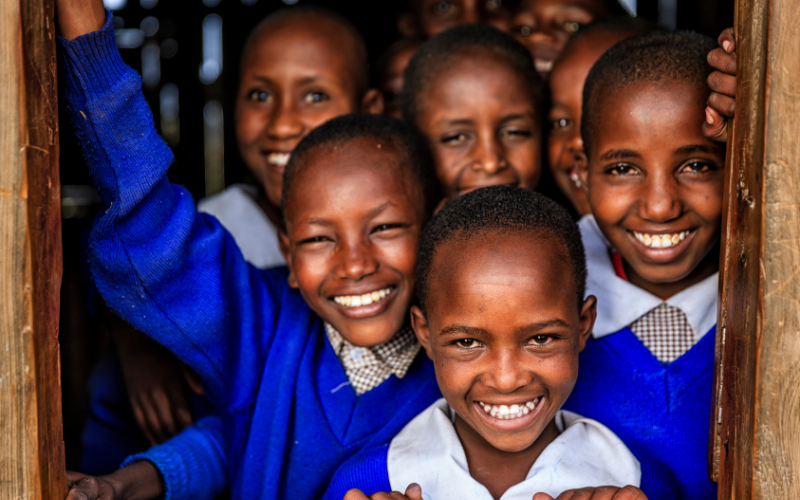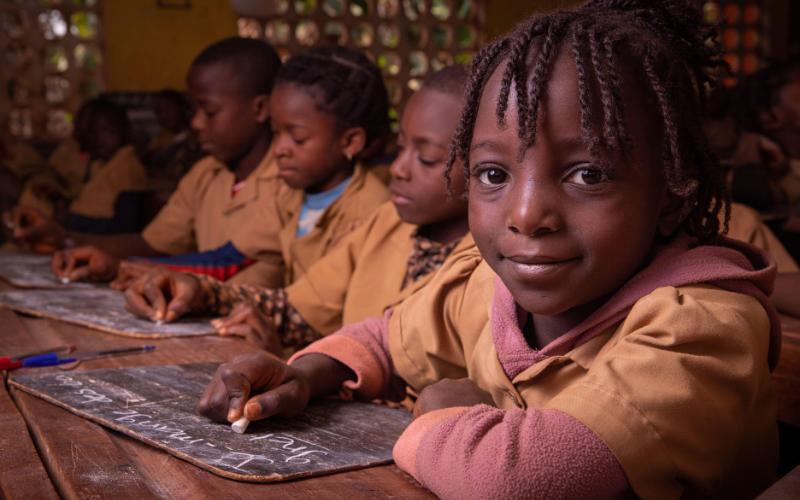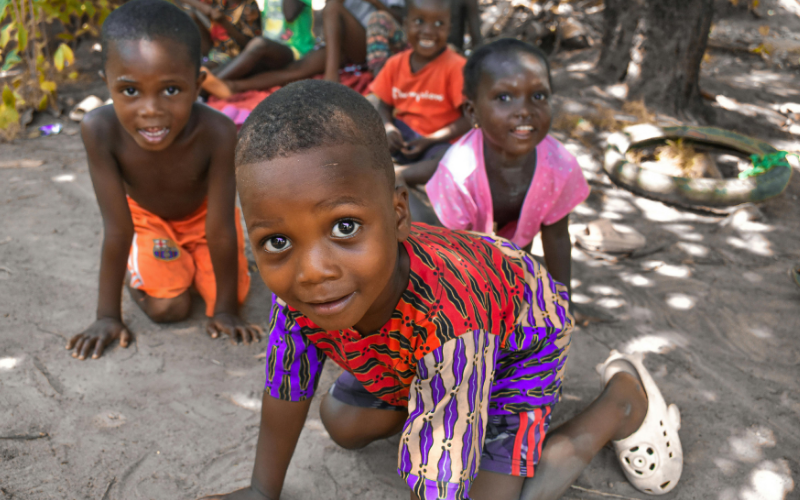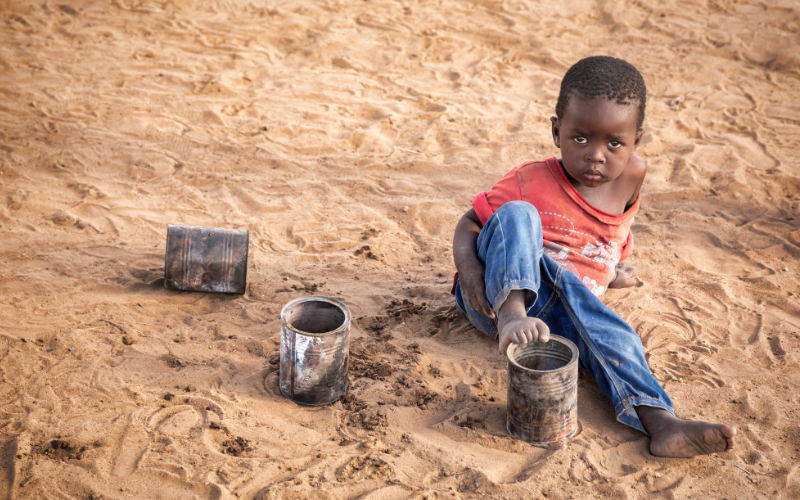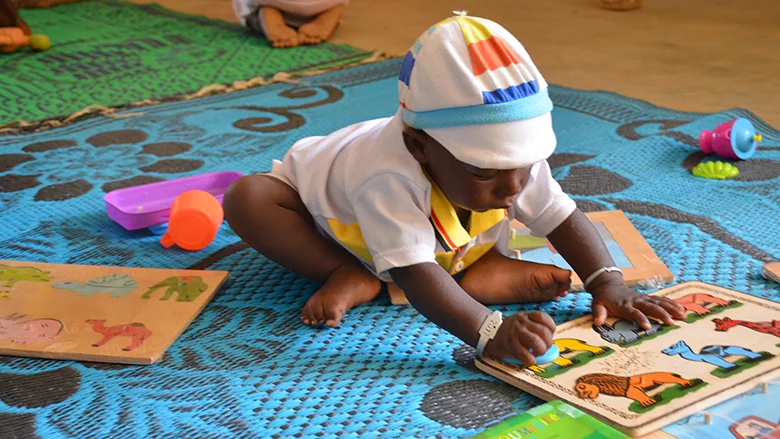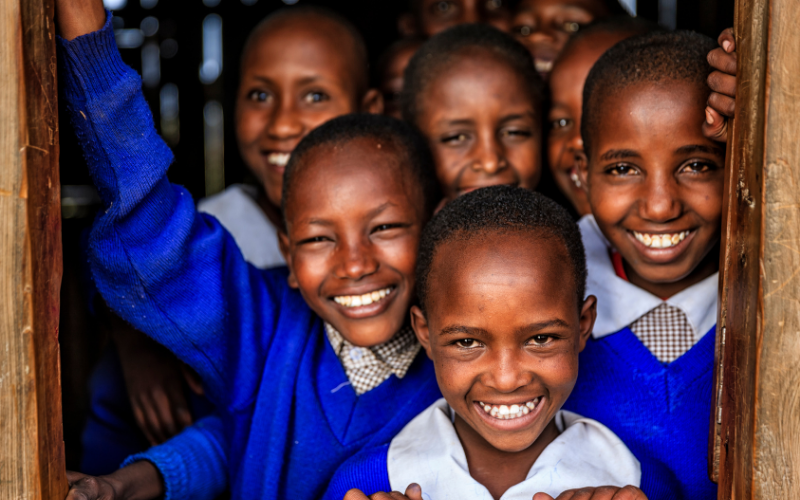
NIKUZE Smart Start _ Kenya Project
Project Resources
Download the complete project documentation
We are building, with Women, For Women!
Kenya is currently grappling with inadequate childcare and rising burden of malnutrition, especially in informal settlements. It is a common phenomenon for children to be left in unsafe, low-quality daycare while their mothers work to sustain their families. Apart from lack of basic nutrition, these centres often lack stimulating learning environments, and safety measures contributing to poor early child outcomes. Since mothers are the primary children’s caregivers, this results in mothers facing reduced workforce participation due to unreliable childcare, therefore, perpetuating cycles of poverty.
Key Issues: The silent crisis.
- Mothers lose up to 40% of potential income due to lack of reliable childcare.
- As compared to men, Women contribute 3-5 times more of 80% household unpaid care work.
- 2 in 3 urban low-income mothers rely on unsafe, unregulated daycare centres.
- 26% of Kenyan children under 5 are stunted and micronutrient deficiencies remain widespread.
- Fragmented coordination between Early childhood Development (ECD), nutrition, and health systems.
Malnutrition Crisis.
Kenya, like the rest of the African community, is facing a serious issue with child food poverty. Kenya reports a third of her children under 5 years being stunted. This is a concern especially considering that it is a predictor of poor cognitive and language development that may endure to later days. To put this in perspective, children affected by stunting by age 2 perform poorly in school and earn less as adults. The greatest concern is that stunting is a predictor of poor cognitive and language development which continues into adulthood. UNICEF defines Child food poverty as a lack of access to diverse and nutrition diets. Over 60% of children face child food poverty in Kenya. In addition, 1 in 6 children in Kenya are underweight while 3 in 5 young children are unable to meet basic dietary needs (Unicef, 2024). Kenya faces a triple burden of malnutrition, this includes undernutrition, overnutrition and micronutrient deficiencies. Concomitantly, urbanization and the proliferation of ultra-processed foods have increased overnutrition leading to overweight and obesity. Annually, out of 100 children 8 become obese. These issues are rooted in the broader food systems that shape food access, affordability and choices for families (Codjia et al., 2024).
Kenya’s food system is failing children, through limited availability of the nutrient-dense foods they need to grow and develop, while at the same time flooding the market with cheap unhealthy foods. The school food environment plays a critical role in shaping dietary behaviours, yet many lack structured meal programmes that promote nutritious eating(Milka Wanjohi & Felistus Mwalia., 2024). Challenges such as climate change, food price volatility and supply chain inefficiencies affect food security and nutrition outcome, most hit communities being the informal settlement dwellers where healthy and diverse diets are out of reach to them(Unicef, 2024).
Concerns in Unsafe and Unregulated Daycare Centers
High quality childcare is out of reach for many parents in Kenya’s informal settlement. This lack of reliable childcare is a major barrier to women’s economic engagement. Currently, 51% of Kenya’s urban population resides in these settlements (BWI, 2024). A recent study indicated that nearly 30% of female small business owners take care of small children at their business, resulting in approximately 48% unrealized profit as compared to their counterparts (Emily Beam et al., 2024). In addition, the absence of affordable and reliable childcare impedes women from effectively participating in the formal labour market (BWI, 2024).
BWI’s Nikuze Smart Start Kenya Initiative
BWI has launched the Nikuze Smart start Kenya, an initiative aimed at establishing a movement that integrates women daycare social Franchise that combine childcare, fortified nutrition, digital innovation and women’s economic empowerment. This initiative aims to provide safe, affordable, and high quality daycare services to children in informal settlements while empowering women through business ownership and skill development.
What we Envision to Achieve
- 85% of enrolled franchisees have attained the mark of quality of care and are sustained throughout the project period and beyond.
- 200,000+ children receive safe, stimulating and nutrition-secure daycare services.
- Mama-preneurs realize 60% more of revenue as compared to their counterparts.
- 95% customer satisfaction rates and increased confidence in child safety and development when conducting a routine survey with children’s mothers or caregivers.
- 30% increase in revenue generation for female owned businesses.
- 95% enrolment and retention of children, mothers/caregivers, franchisees, and other enabling partners either by card or phone, to the BWI’s digital platform.
Project Gallery
500+
People Impacted
5
Communities Served
100%
Sustainable
Related Projects
Discover other initiatives making a difference in communities around the world
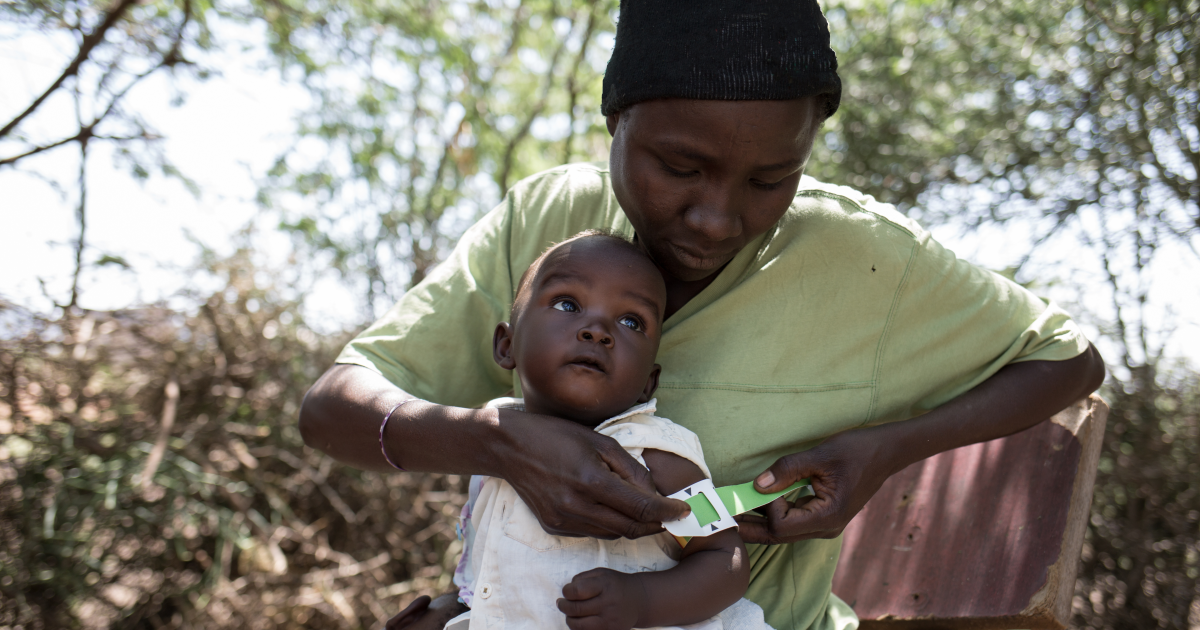
BWI Nutrition Mapping and Integration Project
Blooming World International (BWI) is proud to participate in the BWI Nutrition Mapping and Integration Project, a transformative initiative aimed at …
Learn More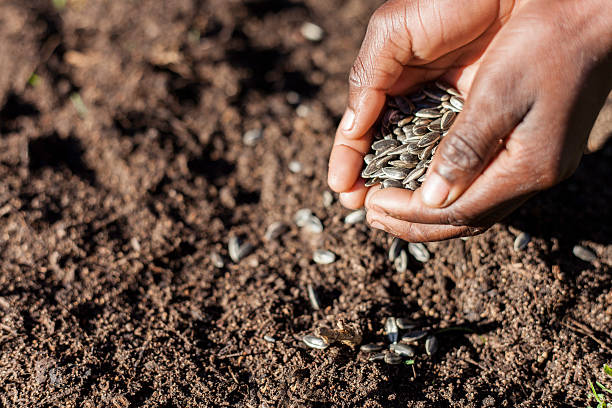
The Seeds of Change Initiative (SOCI)
Locally produced and traditionally processed foods, rooted in indigenous knowledge, are vital for strengthening food and nutrition security in Africa. …
Learn More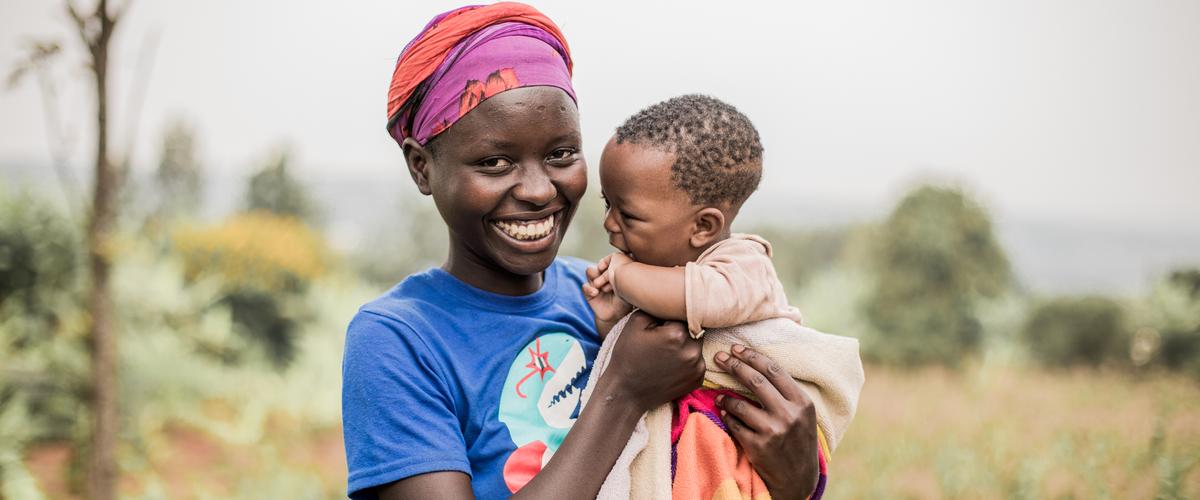
The Maternal Health and Child Survival Program (MHCSP)
Empowering Health Systems and Communities to Save Lives At Blooming World International, we are proud to partner on the Maternal …
Learn More